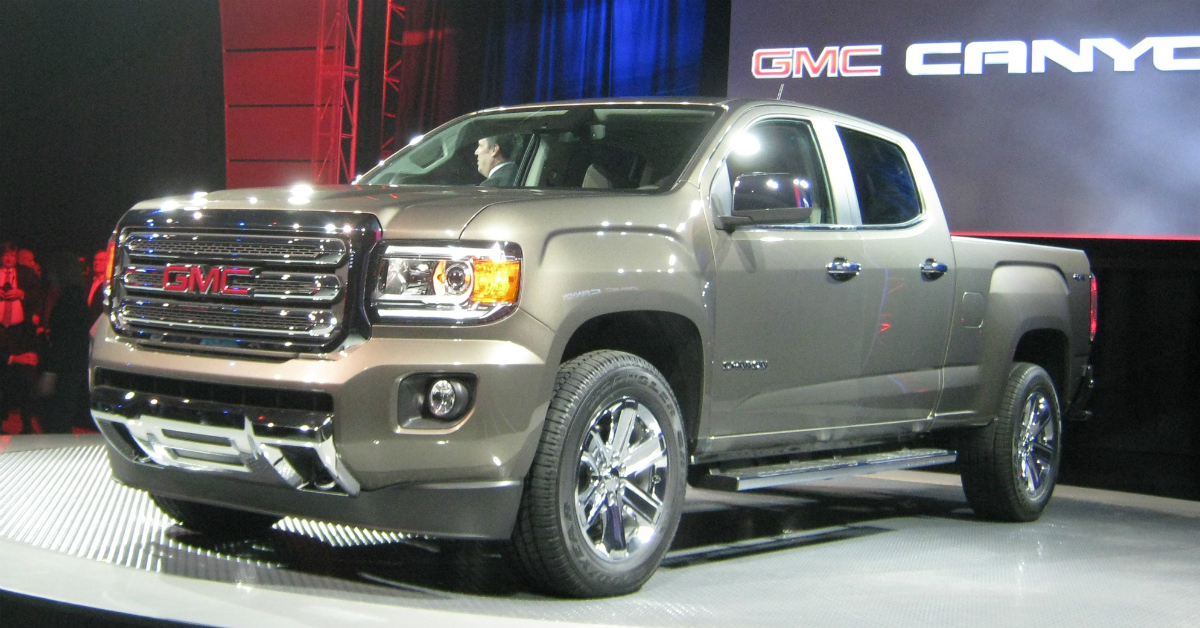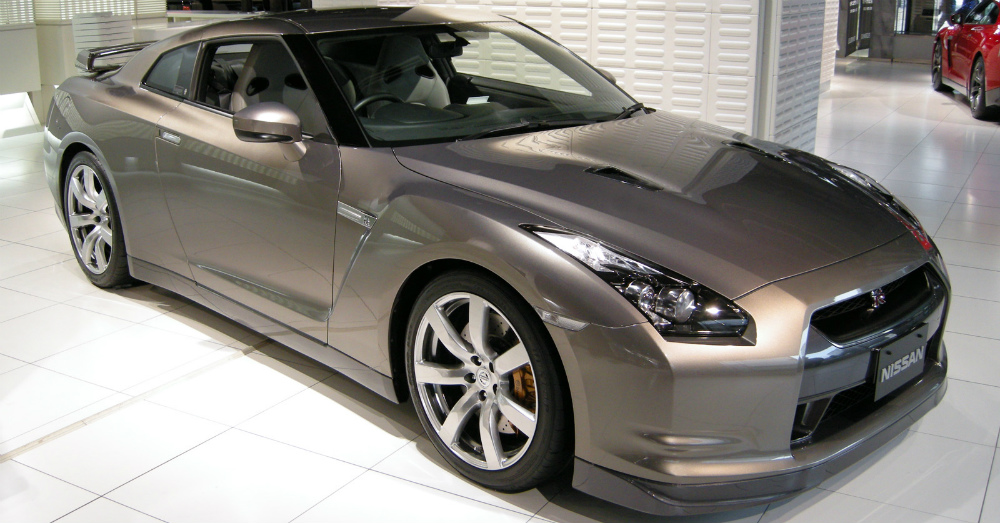The ‘Matching Wits” Argument is a Weak One in Tesla Case
There is a stigma surrounding the big, bad car dealer and their sales people. It’s forcing an opinion to be spread about the Tesla case that is both dangerous to consumers and insulting to people in general.
The opinion stems from consumer advocacy groups that are fighting car dealers to allow Tesla to sell directly to consumers without going through franchise dealerships. The thought process of many of the advocacy groups is a simple but flawed one: if you cut out the middle man, consumers will win. That may have been true in a pre-internet world, but today it’s the consumers that have the advantage in car deals and consolidating the pricing through the manufacturers would not improve the situation for car buyers.
Here’s one quote that illustrates this clearly:
“We walk into a dealership, and we have to match wits with a seasoned professional who is trained and spends all of their days trying to get the highest possible price,” said Jack Gillis of the Washington-based Consumer Federation of America. “The market would keep manufacturers from overpricing and force them to provide service.”
The first sentence is simply ignorant. The challenges of having to “match wits with a seasoned professional” have been eliminated for the majority of car buyers. There are certainly cases when people overpay, but it’s not because they had to. They simply didn’t make an informed decision based upon information that is freely available. Anyone who has worked in the car business in the last decade will tell you that the consumer wins that battle 9 times out of 10 because the numbers are right there in front of them.
The second sentence in his quote is absolutely absurd. The market is incapable of keeping manufacturers from overpricing. This is clear from the fact that the cars are already overpriced even with the franchises controlling a small portion of the pricing. The Tesla business model is designed specifically to maximize profits for the manufacturer. If the franchises were eliminated for a direct model, the manufacturers would be forced to staff their own stores with union-style employees and create universal standards for facilities and compliance.
In short, if the Tesla model were put into play for larger manufacturers like General Motors or Toyota, the price of the cars would certainly rise. They would have to. It’s common sense. It’s crystal clear.
The Tesla model should work well for Tesla and the way that Washington state is handling it may be the right solution. They are trying to allow Tesla to do what they want to do without putting the franchise dealerships from other manufacturers at risk.
Consumer advocacy groups, for the most part, are on the right side of the debate. Unfortunately, the situation in the automotive industry is one that doesn’t fall into the standard paradigm. If they get their way, it would be a case of 10% of consumers getting a better deal while the other 90% would get a worse deal than they would with the current model.
This post may contain affiliate links. Meaning a commission is given should you decide to make a purchase through these links, at no cost to you. All products shown are researched and tested to give an accurate review for you.



